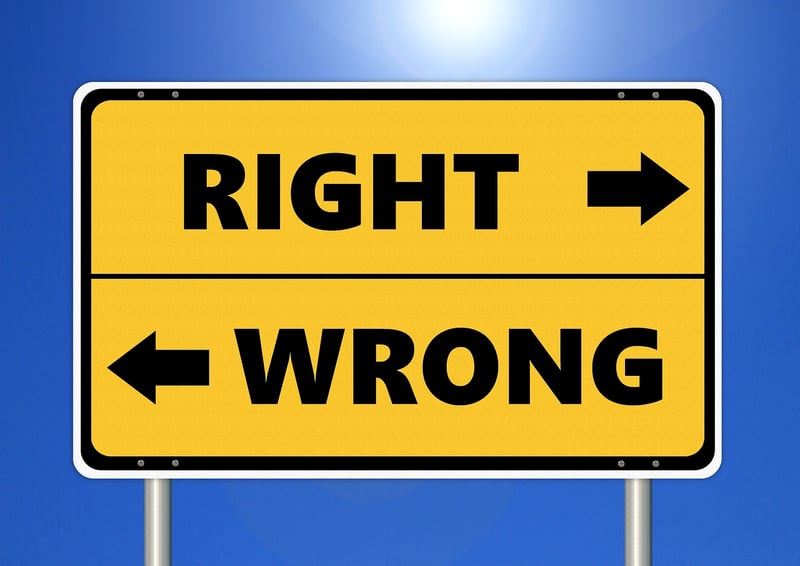Moral Dilemmas
Exploring Moral Implications and Moral Dilemmas
Morality is a complex and multifaceted concept that influences our decisions and actions on a daily basis. It encompasses a set of principles that distinguish between right and wrong, guiding individuals to make ethical choices. However, navigating moral dilemmas can often present challenges that test our values and beliefs.
Understanding Moral Implications
Moral implications refer to the potential consequences of a particular action on individuals, society, or the environment. When making decisions, considering the moral implications helps in evaluating the ethicality of our choices. It involves reflecting on how our actions may impact others and whether they align with our moral values.
For example, the decision to prioritize profit over environmental conservation in business operations can have far-reaching moral implications. It may lead to ecological harm, affecting ecosystems and future generations. Understanding these implications is crucial in making responsible decisions that consider the well-being of all stakeholders.
Exploring Moral Dilemmas
Moral dilemmas are situations in which individuals face conflicting moral principles, making it challenging to determine the right course of action. These dilemmas often involve difficult choices where each option has both positive and negative consequences, leading to moral ambiguity.
One classic moral dilemma is the "trolley problem," where a runaway trolley is heading towards five people tied to the tracks. The only way to save them is to divert the trolley to another track where one person is tied. This scenario forces individuals to weigh the value of saving five lives at the cost of one, raising questions about the ethics of utilitarianism and the sanctity of life.
Resolving Moral Dilemmas
Resolving moral dilemmas requires careful consideration of ethical principles, values, and consequences. It involves introspection, ethical reasoning, and empathy towards those affected by the decision. Seeking advice from trusted individuals or ethical frameworks can also aid in navigating complex moral challenges.
While there may not always be a clear-cut solution to moral dilemmas, striving to act in accordance with one's core values and principles can guide individuals towards making morally sound choices. Engaging in open dialogue, reflecting on diverse perspectives, and remaining mindful of the broader impact of decisions are essential in addressing moral dilemmas.
Conclusion
Exploring moral implications and navigating moral dilemmas are integral parts of ethical decision-making. By understanding the consequences of our actions, grappling with conflicting moral principles, and seeking ethical guidance, individuals can cultivate a strong moral compass to navigate complex ethical terrain.
Remember, the choices we make not only reflect our values but also shape the world around us. Embracing moral responsibility and ethical awareness can pave the way for a more just and compassionate society.

For further reading on moral implications and ethical dilemmas, you can explore Stanford Encyclopedia of Philosophy for in-depth insights.
